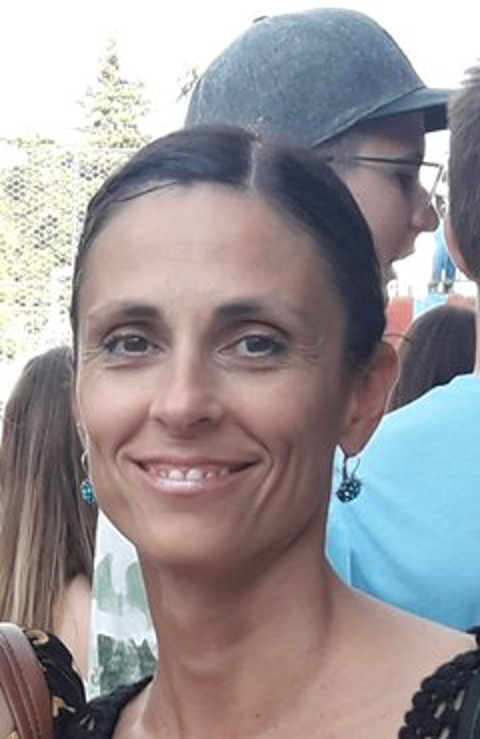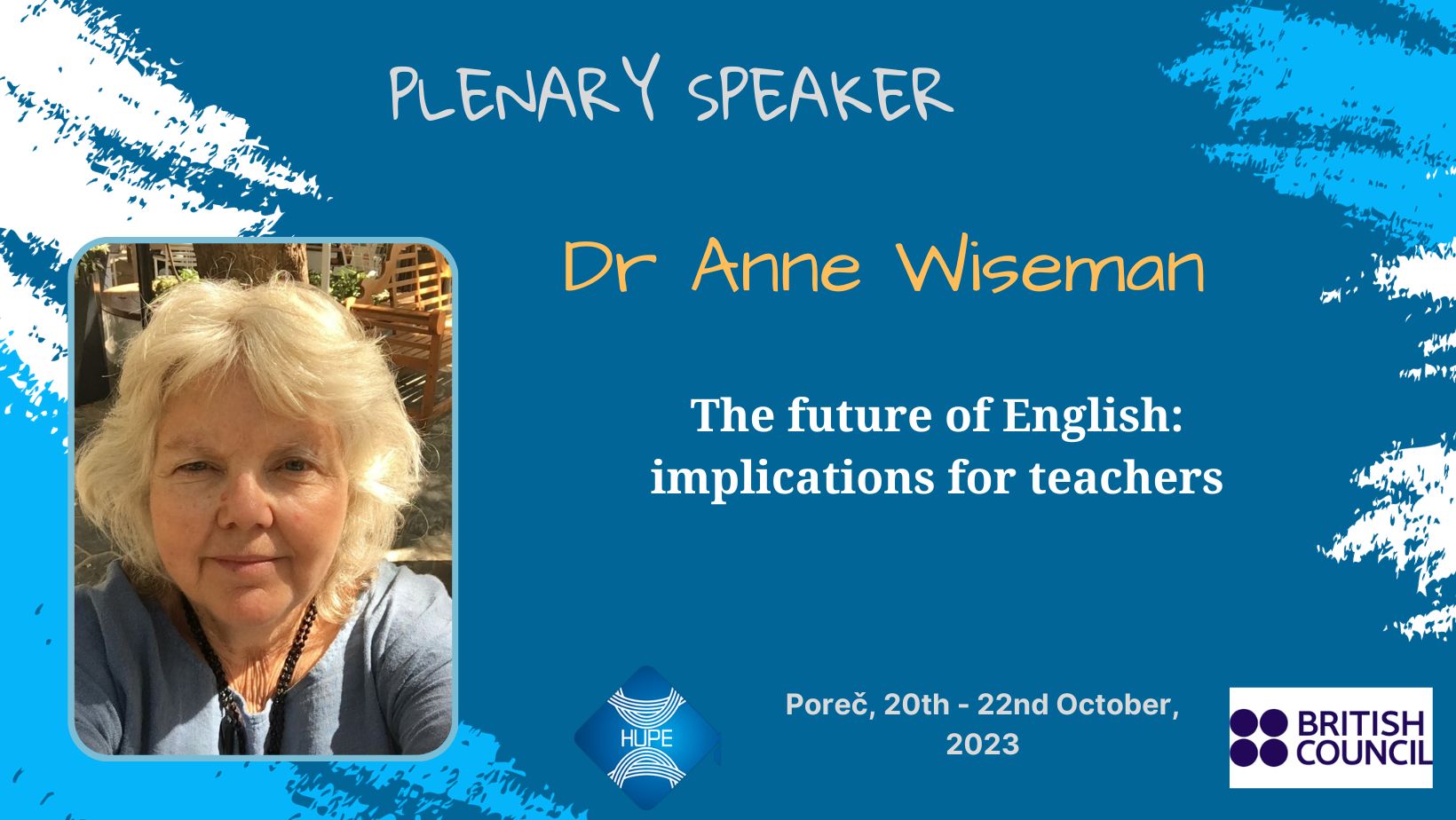Meet HUPE Split
HUPE Split Branch President
 Tajana Bundara has been teaching English and German for two decades. Her teaching experience embraces different school types from high schools, elementary schools over to schools for foreign languages and language camps.
Tajana Bundara has been teaching English and German for two decades. Her teaching experience embraces different school types from high schools, elementary schools over to schools for foreign languages and language camps.
She strongly believes the basic qualities can be cultivated through effort and challenges should be embraced as the path to mastery. Her driving force is her passion for work and her motto – Change is the only constant in life.
Erasmus +; One project, a thousand possibilities
Erasmus+ program has been a part of our school lives for many years, but still lots of our colleagues have many unanswered questions about it. This workshop aims to give answers to such questions in order to educate, encourage, inspire and empower teachers to take part in Erasmus+ projects.
During the first part of the workshop you will see a short PowerPoint presentation tackling most common questions individuals have in respect of Erasmus+ projects in general, and more specific guidelines such as how to participate as a partner in a project or create a project of your own.
During the second part of the workshop the participants will have the opportunity to develop a project idea in small groups.
Lecturers: Ružica Kandić, prof.,univ.spec.oec. and Marijana Gudić, prof.
Creative writing workshop
How many times have you had such gifted students and wanted to give them more than regular lessons provide? This creative writing workshop will give you some ideas, that you can easily implement during your additional English lessons.
The workshop aims to give ideas how to engage your students in a creative writing process, which incorporates all their previous knowledge of vocabulary, grammar, sentence structure and writing skills and takes them to the whole new level.
During the first part of the workshop the participants will have the opportunity to see the product of creative writing process made by the students and their mentor. They will be introduced with all the phases of the process from the beginning to its end.
During the second part of the workshop the participants will take part in creative writing exercises in small groups.
Lecturer: Ružica Kandić, prof., univ.spec.oec.
SPLIT BRANCH MEETING REPORT
The sixth HUPE Split Branch meeting was held at Osnovna škola don Lovre Katića in Solin on 3rd October 2019.
The agenda included:
- Election of the Branch President
- Tajana Bundara: Good Practice Example
Eight members attended the meeting and voted for Tajana Bundara as the new HUPE Split Branch President. She presented her work through a good practice example workshop. The topic of the workshop was ‘Fostering critical thinking through IT tools’.
In attempt to meet the demand for developing 21st century skills Tajana Bundara presented how to implement IT tools in fostering critical thinking skills. The topic of the lesson was Teenagers and Money and it referred to cultural differences. The central teaching strategy was debate with a debate-video-clip on thesis 'Should children be paid for the house chores?' as the debate-trigger-point. She underlined the importance of using online dictionaries, demonstrated how to use QR codes, implement mobile phones as a powerful classroom tool, conduct peer assessment and formative assessment. The final objective of the workshop was to inspire and motivate colleagues to open their minds to new teaching challenges and strategies.
Thank you all for coming and hope to see you at our next meeting!
If you are an English teacher and want to join HUPE Split, feel free to contact me at This email address is being protected from spambots. You need JavaScript enabled to view it..
Tajana Bundara
HUPE Split Branch President
SPLIT BRANCH MEETING REPORT
2nd HUPE Split Meeting
Venue: Faculty of Humanities and Social Sciences Split, Poljička cesta 35
Date: 23 January 2020
Time: 6.30 pm
Agenda: Present-day Challenges in ELT – Ana Bakašun
Number of participants: 7
Summary:
People talk about ‘21st-century skills’ across disciplines, but what this term actually means is not always clear and implications it contains are often quite daunting for teachers whose learning histories are often at variance with their students’ learning experiences. Technological, social and cultural environments have changed rapidly during the last twenty-something years. Can we, the ‘old school’ teachers, still provide meaningful and relevant educational practices for today’s EFL students?
Overall impression:
Ana provided insightful information to this question, approaching it from the perspective and experience of a language instructor at the Department of English Language and Literature (Faculty of Humanities and Social Sciences, University in Split).
I believe we all enjoyed exchanging valuable and various teaching experiences, resulting in the unanimous educational imperative for fostering thinking skills.
Thank you all for your support, effort and enthusiastic engagement!
I look forward to seeing you all again soon.
If you are an English teacher and want to join HUPE Split, feel free to contact me at This email address is being protected from spambots. You need JavaScript enabled to view it..
Tajana Bundara
HUPE Split Branch President



 HUPE is proud to announce that our friends at the Embassy of Ireland in Zagreb will support our work by joining us at the 31st Annual International Conference in Poreč with a special treat - an exhibition about the life and work of Seamus Heaney.
HUPE is proud to announce that our friends at the Embassy of Ireland in Zagreb will support our work by joining us at the 31st Annual International Conference in Poreč with a special treat - an exhibition about the life and work of Seamus Heaney.